Libyan unity government forces race towards IS' coastal stronghold
Forces loyal to Libya's new unity government announced the recapture of a strategic crossroads after the Islamic State group took the crossing last week.
Libyan government forces said they are closing in on the IS' group's stronghold Sirte, and are now 50 kilometres (30 miles) from the coastal city.
The Government of National Unity said on their Facebook page that they lost seven fighters in retaking Abu Grein crossroads.
This is the point that the highway along the Mediterranean Sea meets the main road south into the desert interior.
Moving forward
The GNA and forces of a rival government based in eastern Libya have embarked on a race to evict IS from its stronghold in Sirte, 400 kilometres east of Tripoli.
The announcement comes as the unity government pushes for arms from the West, including war planes and gunships as Europe and the United States become increasingly concerned about the threat from IS' powerbase Libya's coast.
A 25-member group has agreed to drop an embargo on the unity government, which has been imposed on Libya's warring parties since dictator Muammar Gaddafi was overthrown five years ago.
Allowing the unity government to purchase arms is "fundamental to the creation of a strong army... capable of fighting the jihadist Islamic State group and other extremist groups", the GNA's deputy head Mussa al-Kony told AFP.
"State institutions have collapsed because the army itself fell apart. Our priority today is to unify this institution and revive it, but without weapons we cannot do this," Kony said.
"What we want is to acquire all sorts of weaponry... but our priority is aircraft," he said. "We want pilots, helicopters and warplanes."
Dropping embargo
The US has already backed the plans to drop a Libyan arms embargo which includes the new internationally-recognised government.
Secretary of State John Kerry has already said that it would back exempting the GNA "from the UN arms embargo to acquire those weapons and bullets needed to fight Daesh (IS) and other terrorist groups".
However, France has cautioned the move saying the flow of arms into the war-torn country could mean weapons falling into the wrong hands.
"As was decided... in Vienna, it is essential to help the national unity government to control and ensure the security of Libyan territory," the French foreign ministry said.
"[But] the arms embargo must be maintained," it said, although the GNA "can legitimately request exemptions".
With international backing, power now lies in the hands of the Tripoli-based unity government, formed under a December power-sharing deal agreed by some lawmakers from both sides.
The authority has announced the formation of a new military command to take charge of the battle against IS.
But forces loyal to the rival Tobruk government are also preparing to battle IS under the command of General Khalifa Haftar.
Ahmed al-Mesmari, a spokesman for Haftar's forces, said the decision to ease the arms embargo for the benefit of the GNA only was "illegal", adding that the forces of the unity government are "a new front for militias".
He said the decision will "create chaos, and we will turn to countries that support the army in order to arm ourselves".

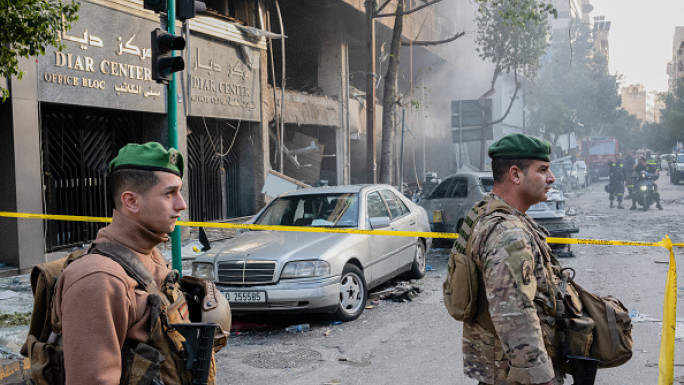
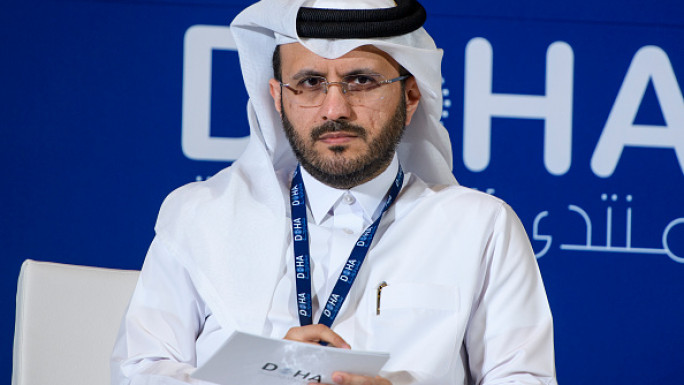
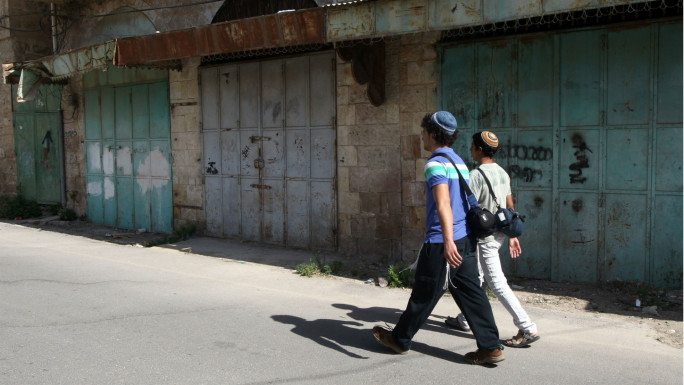
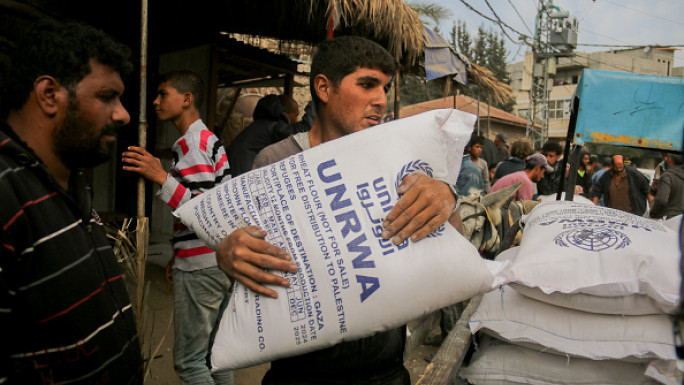
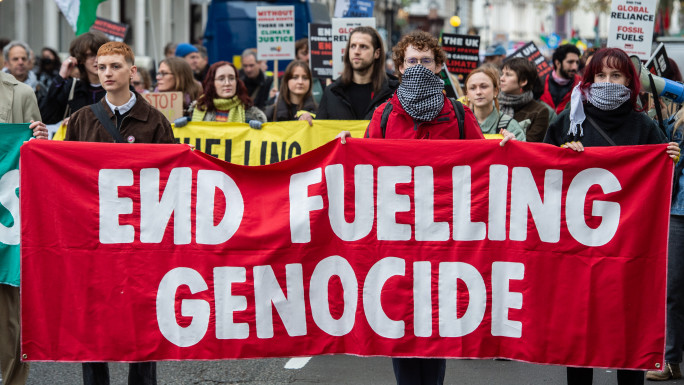
 Follow the Middle East's top stories in English at The New Arab on Google News
Follow the Middle East's top stories in English at The New Arab on Google News
![Cop29 [Getty]](/sites/default/files/styles/image_330x185/public/2156170084.jpeg?h=a5f2f23a&itok=nFoXDOnn)
![Afghan school girls [Getty]](/sites/default/files/styles/image_330x185/public/1244052017.jpeg?h=a5f2f23a&itok=Zd_bRycW)
![Aid in Gaza [Getty]](/sites/default/files/styles/image_330x185/public/2159549738.jpeg?h=a5f2f23a&itok=EHmSiQX0)